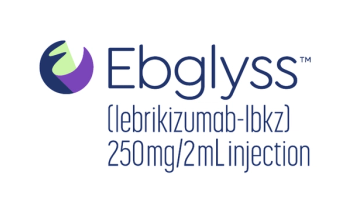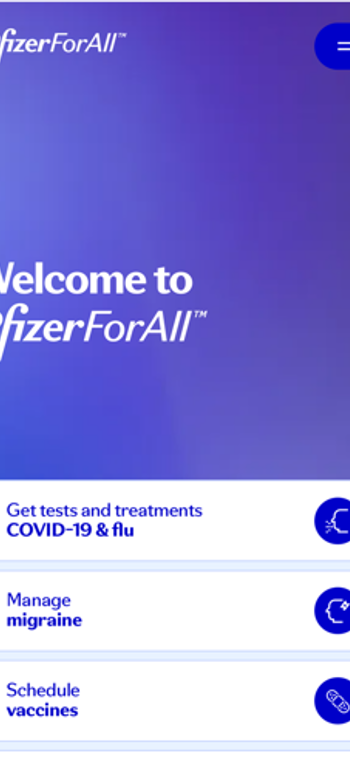
Evidence-based tools contain treatment costs for RA patients
Plans are turning to patient monitoring programs to better manage rheumatoid arthritis patients.
Key Points
CLOSE PATIENT MONITORING and education are among the measures health plans are employing to help members with Rheumatoid Arthritis (RA). Physicians also can benefit from incentive programs that support their practices with pathways for treatment decisions and optimal medication dosing advice.
Of all the biologic classes, drugs used to treat inflammatory conditions-such as RA and Crohn's disease-have the highest price tag. The class shows an average cost per month of $2,066, according to Express Scripts' 2011 Drug Trend Report.
"Inflammatory conditions are the number-one specialty disease state we see," says Julie Kulawiec, senior director, product management, for Express Scripts specialty pharmacy. "Obviously, that's not specific to RA, but RA is a big chunk of it."
For members who need biologic drugs, the cost and administration are usually managed under the medical benefit rather than the pharmacy benefit. Cost- and utilization-management techniques can vary.
"There are a lot of different moving parts," says Alwyn Cassil, director of public affairs for the Center for Studying Health System Change (HSC) in Washington, D.C. "When these drugs are paid for under the medical benefit, you lose a lot of utilization data. You lose some management ability."
She says the industry has good data in real-time at the point of transaction for prescription drugs, but the delivery of biologics at a care site can make the data more difficult to gather.
To better manage RA patients, plans are turning to patient monitoring as well as keeping tabs on physicians and dosing practices.
For example, many plans offer a nurse who provides a point of ongoing contact available over the phone 24/7. Nurses can gather information from patients regarding symptoms, current treatment and self-care.
In Aetna's RA disease management program, a physician can refer patients for participation or they can self-refer. The plan tracks a member's use of healthcare services and medications.
"We also do active monitoring, meaning we will actively reach out to members if they are due for an office visit, a lab test or filling their medication," says Melissa Welch, MD, head of Aetna's regional care management. "If you can keep RA's symptoms stable, meaning that RA is not active, then the risk of long-term complications is reduced."
Like most plans, Aetna requires prior authorization for RA biologics. Guidelines ensure that the evidence supports the dosages and indications for treatment, Dr. Welch says.
Newsletter
Get the latest industry news, event updates, and more from Managed healthcare Executive.























